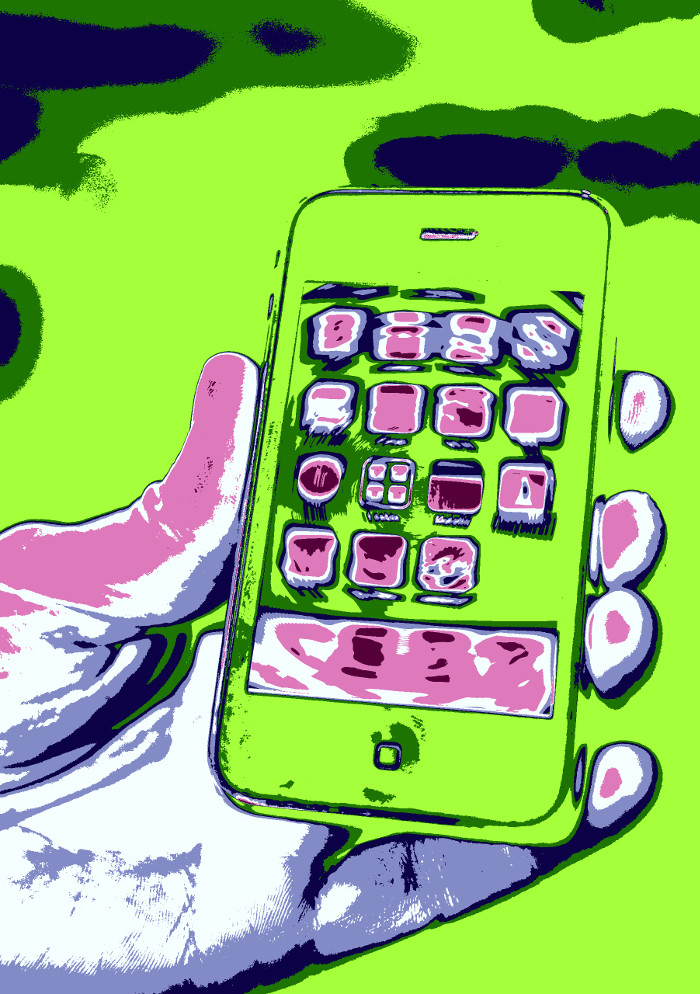Small exemption for EU services
 Apple and Microsoft have secured exemptions from the EU's Digital Markets Act.
Apple and Microsoft have secured exemptions from the EU's Digital Markets Act.
Apple and Microsoft have successfully navigated their services - iMessage and Bing, respectively - past the stringent criteria of the EU's impending Digital Markets Act (DMA).
Set to reshape the digital ecosystem in just three weeks, the DMA aims to dismantle the monopolistic control exerted by tech giants, ensuring a more equitable playground.
The European Commission’s recent deliberation concluded that both iMessage and Bing do not wield the “gatekeeper” power that could influence business access to end-users.
This conclusion came after an exhaustive five-month probe, where the Commission dissected the services' market roles against the backdrop of the DMA's strict regulations.
The Commission's findings create a boundary between services that control digital market access and those that do not.
Consequently, while Apple's App Store, iOS, and Safari, alongside Microsoft's LinkedIn and Windows, remain under the “gatekeeper” umbrella, iMessage and Bing have been excused from this classification.
Apple's defence said iMessage has only a limited role in the EU's messaging market, pointing out the ease with which consumers switch between the various messaging platforms available to them.
Microsoft echoed a similar sentiment, noting the modest market presence of Bing, Edge, and Microsoft Advertising as factors that fall short of the “gatekeeper” designation.
The European Commission's approach has been met with mixed reactions.
Antitrust expert Lazar Radic has praised the Commission for its nuanced understanding of the market, suggesting this decision reflects a balanced regulatory perspective.
Conversely, the Coalition for Open Digital Ecosystems (CODE), representing other tech giants, criticised the exemptions as detrimental to the DMA's goals of fostering choice and competition within the EU.








 Print
Print